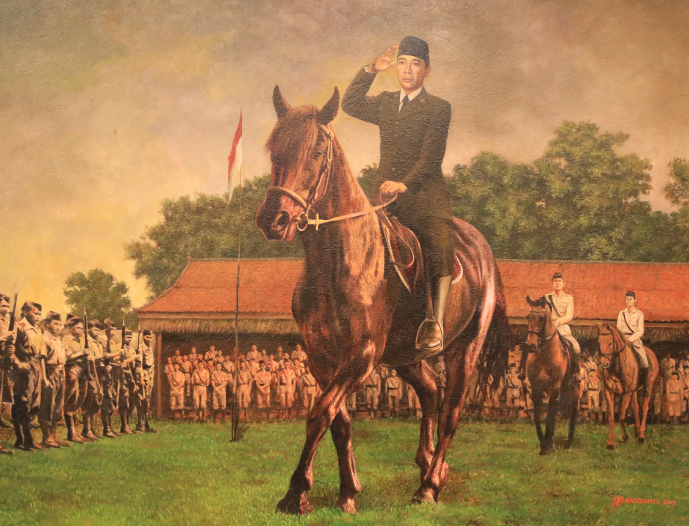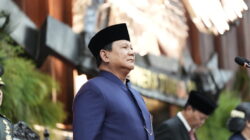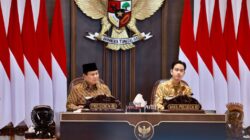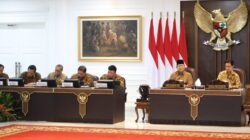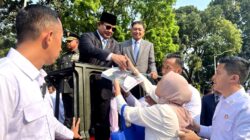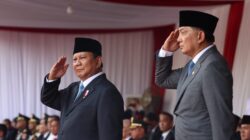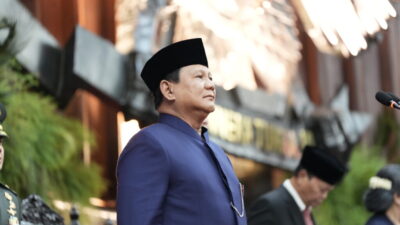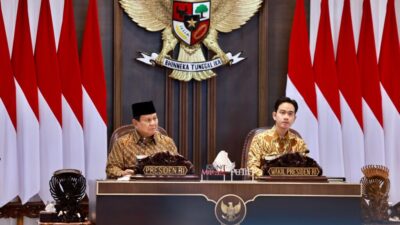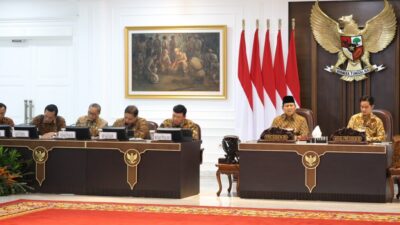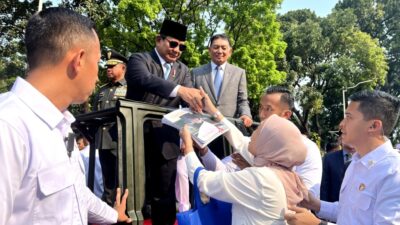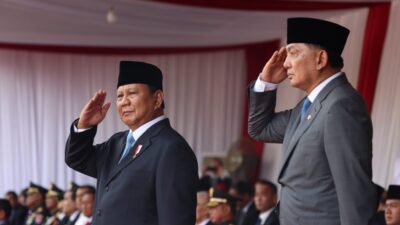During Indonesia’s history, there have been knights who have shown bravery and resilience, choosing to fight foreign invaders rather than bow down to arrogant powers. One such knight who is a role model for me is the first President of Indonesia, Bung Karno. He was a great intellectual, orator, and organizer, and there are many lessons we can learn from him.
Born in Surabaya in 1901, Bung Karno founded the Indonesian National Party (PNI) at the young age of 26. His writings inspired nationalism among the Indonesian people, leading to his arrest by the Dutch in 1929. Despite being imprisoned, he continued to fight for Indonesia’s independence and formulated Pancasila and the 1945 Constitution.
Bung Karno’s courage in proclaiming Indonesia’s independence on August 17, 1945, even though the country had little resources, was a pivotal moment in our history. His decision to base Indonesia on Pancasila rather than a specific religion or ethnic group further solidified the foundation of the new Indonesian state.
Despite his political differences with Professor Soemitro, my father, who opposed Bung Karno due to his views on communism, Pak Soemitro acknowledged Bung Karno’s greatness as a leader. He recognized that Bung Karno united Indonesia’s diverse groups for the common goal of independence, preventing the country from fragmenting into separate states.
There were moments when Pak Soemitro tried to advise Bung Karno against cooperating with the Indonesian Communist Party (PKI), fearing their betrayal. However, Bung Karno’s steadfast belief in his political decisions ultimately led to their disagreements. Pak Soemitro later regretted not standing by Bung Karno and realized the importance of flexibility in political stances.
My childhood memory of meeting Bung Karno at Istana Merdeka left a lasting impression on me. His towering presence, charismatic demeanor, and warm smile made a lasting impact, showcasing his leadership qualities.
Overall, Bung Karno’s legacy as a unifier, visionary, and fearless leader serves as a reminder of the importance of standing up for one’s beliefs, even in the face of adversity. His example continues to inspire generations of Indonesians to strive for a united, prosperous nation.
